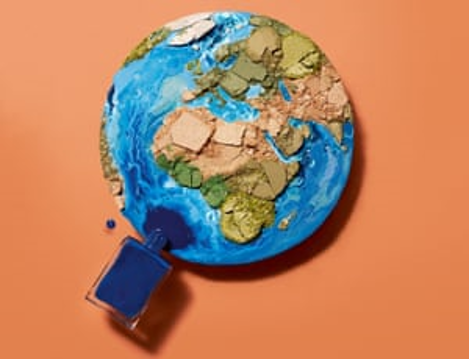
Have you ever felt guilty about using a product due to political issues? I have! With all the political problems the earth is facing today, it is common for us consumers nowadays to feel shameful about the products we apply or ingest. As a makeup aficionado, I feel ashamed when I am using an item from a brand whose values do not coincide with mine. Moreover, I feel extra guilty when the cosmetics product I am using has the reputation of not being environmentally sustainable – which encompasses most cosmetics products nowadays. To alleviate my guilt, I would often boycott the product. However, this is not practical as it is no secret that the cosmetics and beauty industry, in general, is not the best in terms of sustainability.
This brings a couple of questions. One, is the earth paying the ugly price in the name of beauty? Two, with climate change on the top of the global priority in terms of policymaking, how will the cosmetics and beauty industry cope?
How is the Beauty Industry Contributing to Climate Change?
To be able to survive, the beauty industry needs to reduce their plastic use drastically. However, most beauty products use strong chemicals that require packaging that will not disintegrate, such as plastic. Thus, the global beauty industry manufactures at least 120 billion units of plastic packaging annually, making it one of the top generators of plastic waste. Worse, there is a little-to-no effort from the industry in terms of recycling and proper waste disposal.
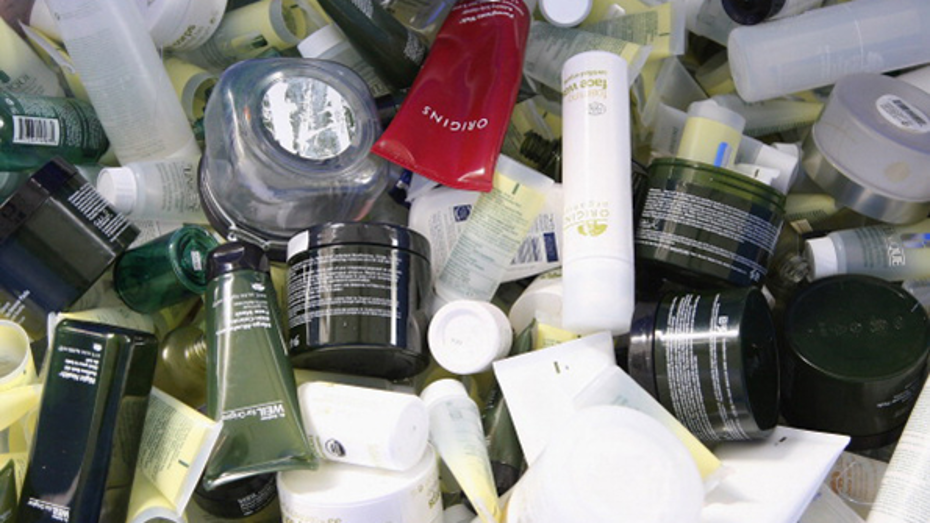
Speaking of chemicals, most, if not all, beauty companies use tons of water to manufacture and package their products. The industry’s dependence on water is unsustainable as these processed products cannot be converted back to its drinkable state. Moreover, several cosmetics items, such as shampoos and face wash, require rinsing off that also involves water. Lastly, these chemicals, some of which are toxic, go straight down our waterways.
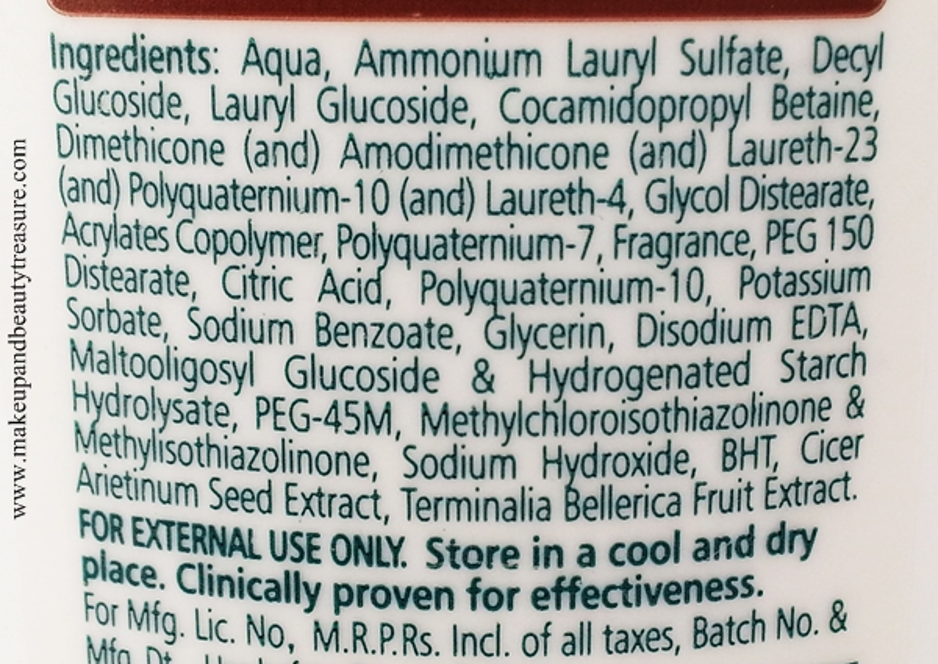
Aside from water, palm oil derivatives appear in 70 percent of cosmetic products. To meet this demand, Mega cosmetic manufacturers build palm oil plantations all over the world, particularly in Asia. To be able to create these plantations, these companies would have to clear out hectares of rainforest through deforestation, affecting the economy and ecosystems of the local communities.
So, Is the Beauty Industry About to Enter an Ugly Phase?
The cosmetic industry is already receiving heavy backlash due to its unsustainable practices. There is a possibility that several brands will suffer if they do not adjust their operational processes. Aside from potential sanctions from new and future environmental policies, the consumers themselves may just reject unsustainable brands and will opt to purchase more environmental-friendly alternatives.
That is the good news. With the rise of the “green consume,” brands are increasingly jumping into the “sustainable beauty” trend. Here are some of the brands that practice environmentally-conscious processes:
- Plant-based beauty company Aveda utilizes recycled plastic in its packaging, saving over seven tons of cosmetic packaging in North America alone.
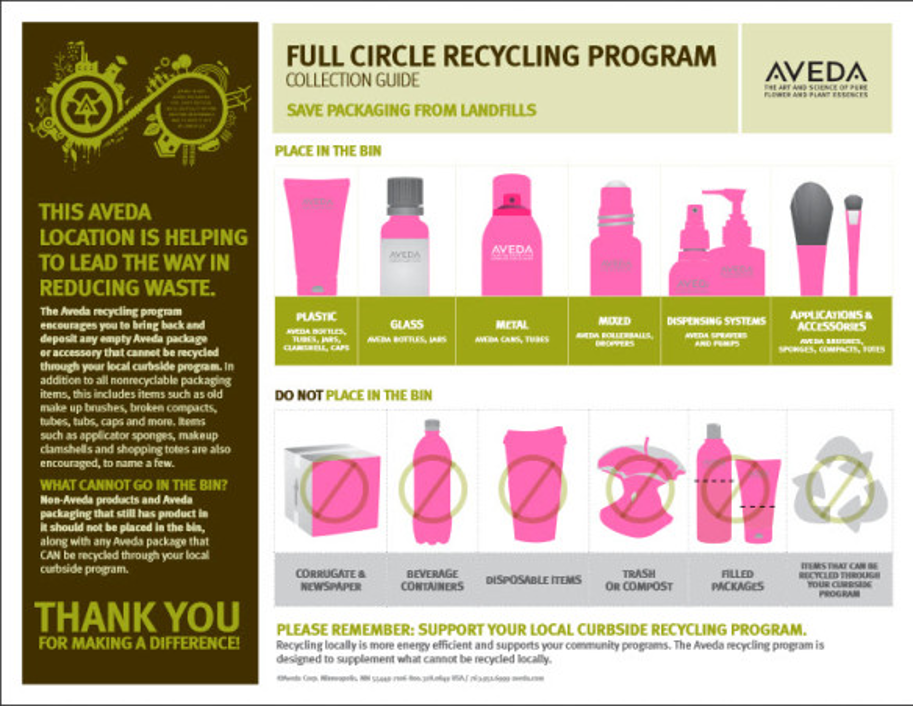
2. Known for its minimalist packaging and black clay pots, UK-based Lush Cosmetics provides utilizes recyclable packaging. Additionally, the brand is also popular for its solid shampoos that minimize the use of water during production.
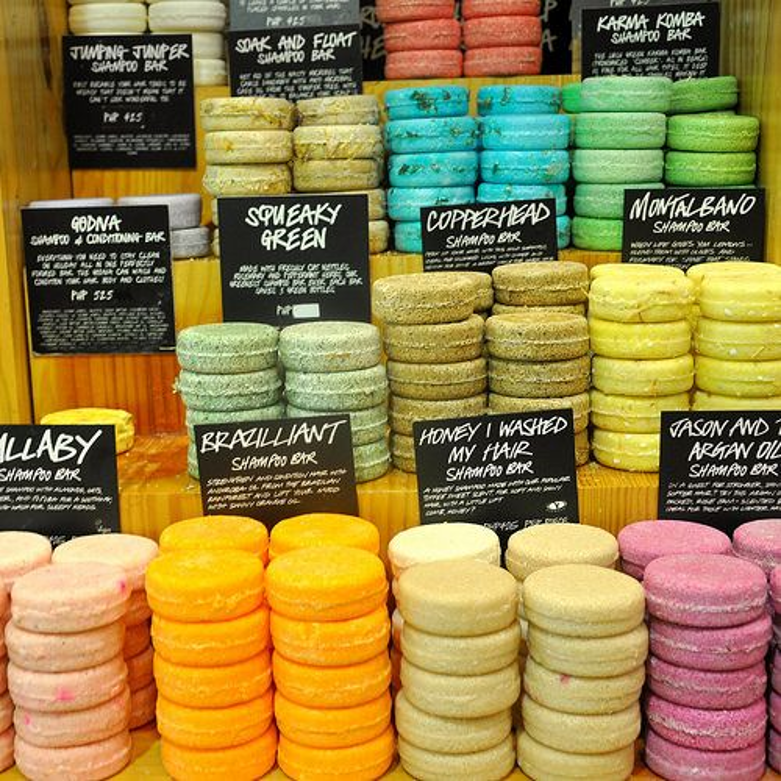
3. Established cosmetics company, L’Oréal, has begun the process of transitioning to being a sustainable beauty brand in 2013. Aside from reducing their carbon footprint by utilizing electronic cars in some of their operations, the brand also kick-started initiatives to employ forest-certified packaging, as well as utilize various raw materials obtained as a result of fair-trade processes.

Aveda, Lush, and L’Oréal are just three of the many cosmetics companies embracing sustainable beauty. If more companies follow suit, then it seems that the industry will not just survive, but even thrive amidst the climate issues we are facing today.

8 Responses to Cosmetics and Climate Change: Is the Beauty Industry About to Enter an Ugly Phase?